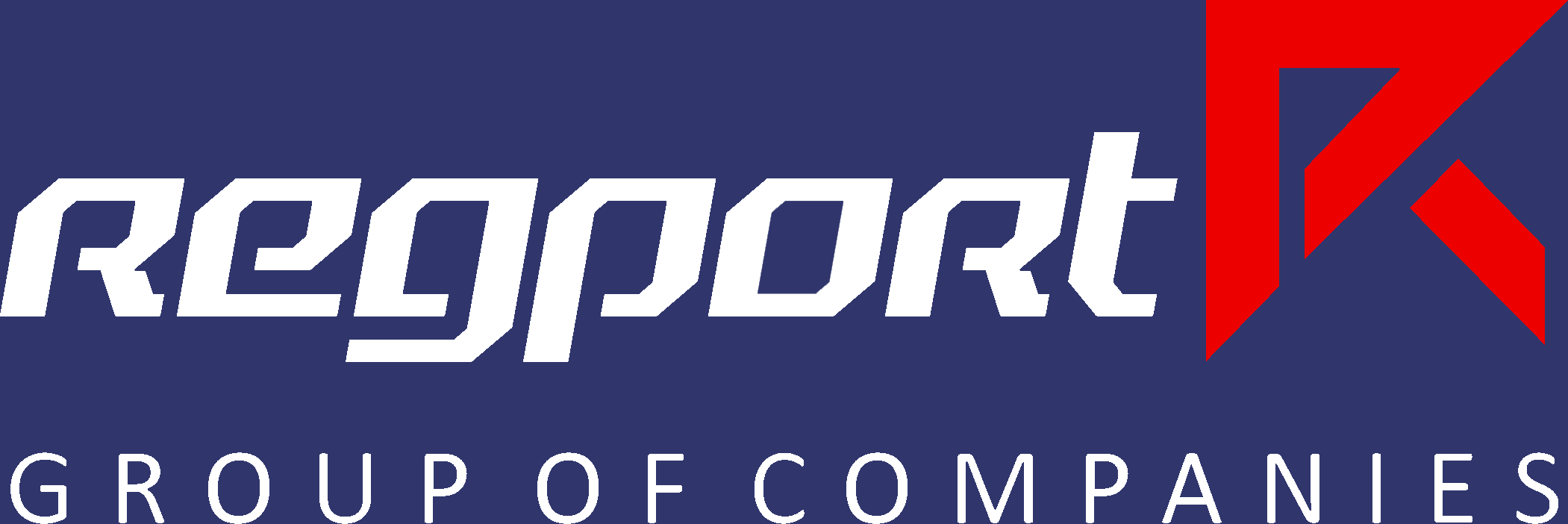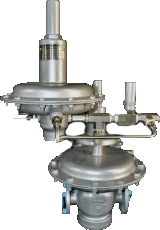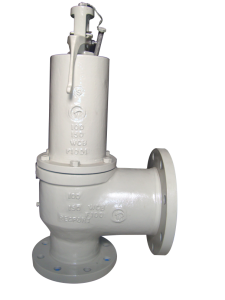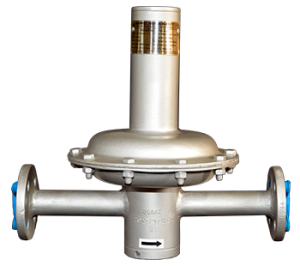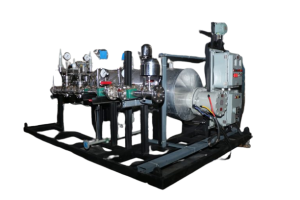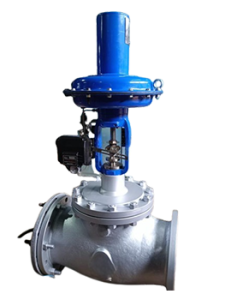Introduction
Pressure control is a critical factor in the smooth and safe operation of industrial systems. Whether in the oil and gas sector, chemical processing plants, or power generation, maintaining optimal pressure levels is essential. One solution that has gained prominence in recent years is the self-actuated pressure control valve. These valves are gaining widespread use due to their ability to operate without the need for external power or control systems.
At Regport India Pvt Ltd, we specialize in manufacturing self-actuated pressure control valves that are reliable, efficient, and well-suited for modern industrial applications. In this blog, we will delve into the advantages of self-actuated pressure control valves, explaining how they function and where they are best applied.
What are Self-Actuated Pressure Control Valves?
Self-actuated pressure control valves are designed to regulate fluid or gas pressure automatically, without the need for external control systems or power sources. These valves respond directly to changes in system pressure and self-adjust to maintain the desired pressure set point. The operation is purely mechanical, relying on the system’s own pressure to activate the valve and control flow.
The term “self-actuated” refers to the fact that these valves derive their control energy directly from the medium (fluid or gas) flowing through them. This feature eliminates the need for external power supplies, making them highly efficient and reliable in a variety of industrial applications.
How Do Self-Actuated Pressure Control Valves Work?
Self-actuated pressure control valves typically consist of a diaphragm or piston, a spring mechanism, and a valve body. Here’s a breakdown of how these valves operate:
- Sensing System Pressure: The valve senses the pressure in the system using a diaphragm or piston, which moves in response to changes in pressure.
- Comparison to Set Point: The valve is equipped with an adjustable spring that defines the desired pressure set point. As the system pressure rises or falls, the diaphragm or piston compresses or relaxes the spring.
- Automatic Adjustment: When the pressure exceeds the set point, the valve opens to relieve excess pressure by allowing fluid or gas to flow through. Conversely, when the pressure drops below the set point, the valve closes to restrict the flow and increase pressure.
- Pressure Stabilization: Once the pressure returns to the desired range, the valve maintains the flow to ensure stable pressure conditions.
This self-contained mechanism ensures that the valve operates independently of electrical or external control systems, reducing complexity and potential points of failure.
Advantages of Self-Actuated Pressure Control Valves
- Energy-Efficient Operation
One of the most significant advantages of self-actuated pressure control valves is their energy efficiency. Since these valves operate without requiring external power sources, such as electricity or pneumatic controls, they help reduce energy consumption in industrial processes. This not only lowers operational costs but also supports sustainability efforts by minimizing energy usage.
Key Benefit: In environments where energy conservation is a priority, such as in remote installations or green energy plants, self-actuated valves offer an ideal solution.
- Enhanced Reliability
Self-actuated pressure control valves are highly reliable because they function purely on mechanical principles. With fewer moving parts and no reliance on electrical systems, these valves are less prone to malfunction or breakdown. This reliability makes them especially valuable in critical applications where valve failure could lead to catastrophic consequences.
Key Benefit: The simplicity of self-actuated valves reduces the likelihood of operational failure, ensuring continuous performance in industries like oil and gas, chemical processing, and water treatment.
- Low Maintenance Requirements
Compared to their electrically or pneumatically actuated counterparts, self-actuated valves require minimal maintenance. Without the need for complex control systems, wiring, or external connections, these valves operate smoothly with only periodic inspection and calibration. This reduces downtime and maintenance costs, which can be crucial in large-scale industrial operations.
Key Benefit: The reduced maintenance needs of self-actuated pressure control valves contribute to lower long-term operational costs, making them a cost-effective choice for many industries.
- Increased Safety
Safety is a top priority in industrial environments, and self-actuated pressure control valves contribute significantly to this aspect. By automatically responding to pressure fluctuations without relying on external controls, these valves ensure that systems remain within safe pressure limits. In the event of a power failure or loss of external controls, self-actuated valves continue to function, offering an added layer of safety.
Key Benefit: Industries that deal with high-pressure systems, such as chemical manufacturing or steam generation, benefit from the fail-safe nature of self-actuated valves, protecting personnel and equipment from overpressure hazards.
- Cost-Effective Solution
Since self-actuated valves eliminate the need for external control systems, they are often more cost-effective to install and operate. The reduced complexity of these valves translates into lower upfront costs and fewer expenses related to auxiliary equipment or infrastructure. Additionally, their long lifespan and minimal maintenance requirements further reduce total ownership costs.
Key Benefit: Self-actuated pressure control valves provide an economical solution, particularly in industries looking to optimize costs while maintaining high operational efficiency.
- Application Flexibility
Self-actuated pressure control valves are versatile and can be used in a wide range of applications across different industries. They are particularly suitable for remote or hazardous environments where external power sources or control systems may not be feasible or safe. These valves are commonly used in:
- Oil and Gas Pipelines: Regulating pressure in remote oil wells and gas distribution lines.
- Water Treatment Plants: Managing water flow and pressure in filtration and distribution systems.
- Steam Systems: Ensuring safe and efficient pressure regulation in steam boilers and turbines.
- Chemical Processing Plants: Controlling pressure in reactors, storage tanks, and pipelines.
Key Benefit: The ability to function in diverse conditions makes self-actuated valves an excellent choice for industries with specific environmental or operational constraints.
H1: Applications of Self-Actuated Pressure Control Valves in Modern Industries
- Oil and Gas Industry
In the oil and gas sector, self-actuated valves are often used in remote locations where external power sources may not be readily available. They regulate the pressure in pipelines, wellheads, and refineries, ensuring smooth operation without the need for complex control systems.
- Water Treatment and Distribution
Self-actuated valves play a critical role in managing water pressure in municipal and industrial water treatment plants. They ensure consistent water flow, prevent overpressure in filtration systems, and maintain the integrity of distribution networks.
- Power Generation
In power plants, self-actuated pressure control valves are used to manage the pressure of steam and water in boilers and turbines. Their reliability and energy efficiency make them an ideal choice for controlling high-pressure systems that require precise regulation.
- Chemical Manufacturing
In chemical plants, maintaining precise pressure control is crucial for safety and efficiency. Self-actuated valves are used in reactors, storage tanks, and pipelines to ensure stable pressure without the need for external controls.
Conclusion
Self-actuated pressure control valves offer numerous advantages in modern industrial applications, including energy efficiency, reliability, low maintenance, and enhanced safety. These valves provide a cost-effective and flexible solution for industries ranging from oil and gas to water treatment and power generation.
At Regport India Pvt Ltd, we manufacture high-quality self-actuated pressure control valves that meet the diverse needs of industrial clients. Our products are designed for durability, efficiency, and long-term performance, ensuring your systems run safely and smoothly.
